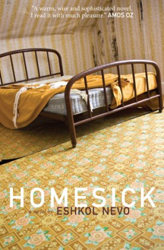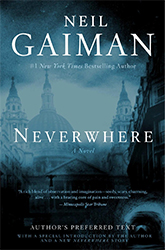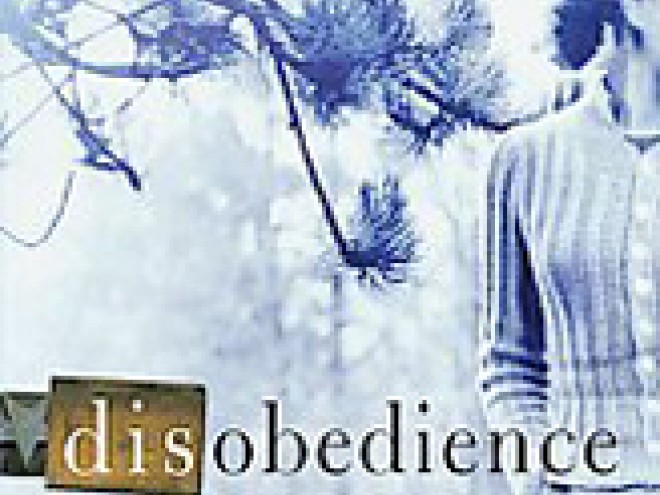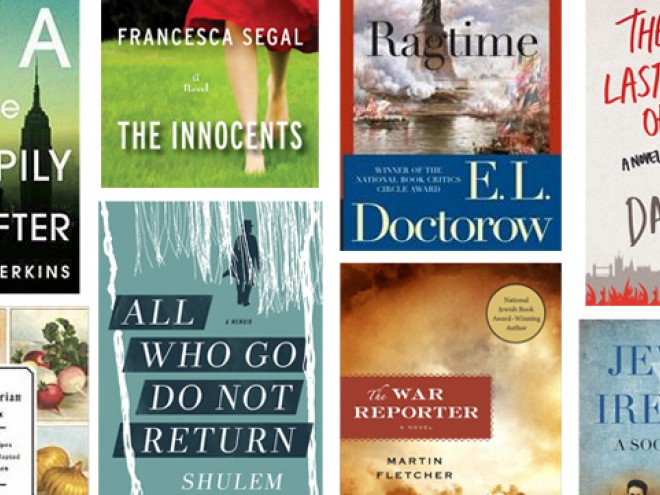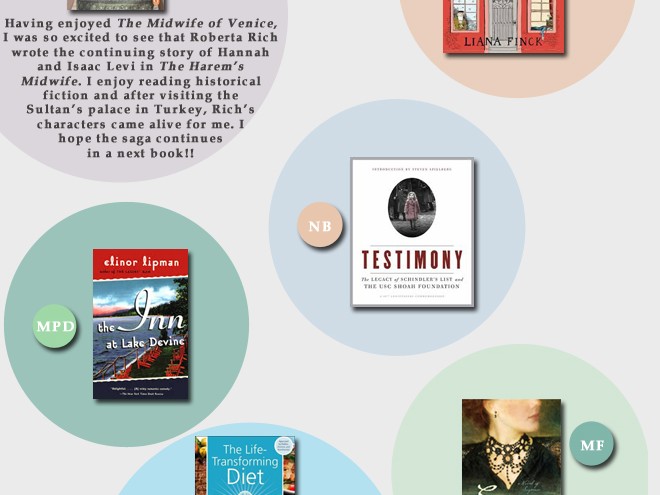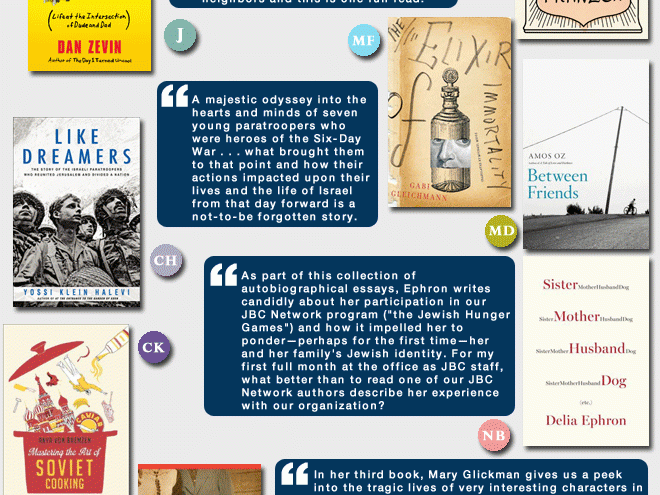Becca
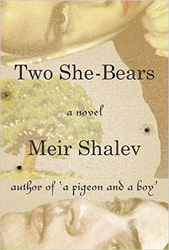
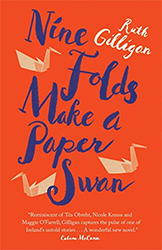 Nine Folds Make a Paper Swan by Ruth Gilligan is about a family of Irish Jews over three generations, written by a young writer who became fascinated with the Jewish experience in Ireland when she was in school at Cambridge and became close friends with Jewish students. Before coming across the Irish Sea, she had no idea there even were Irish Jews!
Nine Folds Make a Paper Swan by Ruth Gilligan is about a family of Irish Jews over three generations, written by a young writer who became fascinated with the Jewish experience in Ireland when she was in school at Cambridge and became close friends with Jewish students. Before coming across the Irish Sea, she had no idea there even were Irish Jews!
Carol
Two She-Bears, Meir Shalev’s newest novel, is a complex and raw book that continues to get better and better the further you read.
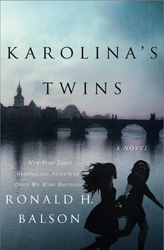 Suzanne
Suzanne
Karolina’s Twins was a book that I could not put down. It is a story of life, survival and love. It is also a story of a promise that must be kept, no matter the cost and the dark horrible memories that it may bring. Lena Woodward, a survivor of the Holocaust, has lived with an awful memory of what happened to twin girls that were born during the worst of times and what it took to survive the atrocities of the Holocaust. Lena hires an investigator and lawyer to help her find the twins from her past at the same moment her son presents her with a lawsuit to take over her estate and her independence in the present. This story takes us through bond of friendship of the past, the secret that has been lived with and how they come to terms with it all.
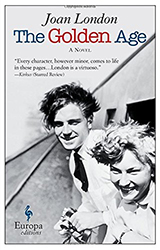 Evie
Evie
The Golden Age by Joan London is told from the perspective of Frank, a Jewish teenager who escaped World War II with his family and was hospitalized for polio soon after they settled in Australia. This very personal and diverse fictional narrative is very well written: I’m enjoying the novel because it incorporates a family immigrant story with the experience of a lovelorn, disabled teen — and his letters and poetry.
Nat
I just started reading Murder, Inc. and the Moral Life: Gangsters and Gangbusters in La Guardia’s New York by Robert Weldon Whalen. 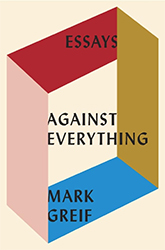
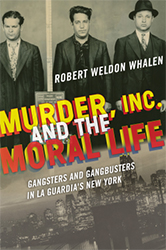 The book has been very eye-opening for me in terms of how a series of trials in 1940 and 1941 continues to influence American cinema, television, literature, and popular culture today — and the ethical imprints and implications of that fascination. It’s a solid piece of scholarship, but the writing flows very well, and I’m finding this work of nonfiction a thoroughly engaging and accessible read. I also have my nose in Against Everything, a collection of essays by Mark Greif. It opens with the claim that if Kafka’s “In the Penal Colony” were written today, it would be about an exercise machine — a notion that resonates with me on many different levels.
The book has been very eye-opening for me in terms of how a series of trials in 1940 and 1941 continues to influence American cinema, television, literature, and popular culture today — and the ethical imprints and implications of that fascination. It’s a solid piece of scholarship, but the writing flows very well, and I’m finding this work of nonfiction a thoroughly engaging and accessible read. I also have my nose in Against Everything, a collection of essays by Mark Greif. It opens with the claim that if Kafka’s “In the Penal Colony” were written today, it would be about an exercise machine — a notion that resonates with me on many different levels.
Miri | Mimi | Naomi |
Related Content:
